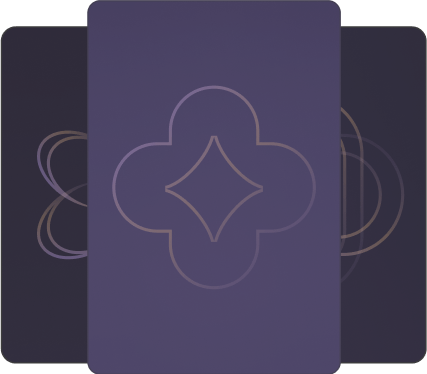What is
No Nonsense Spirituality about?
No Nonsense Spirituality by Brittney L. Hartley provides a secular framework for spiritual fulfillment, blending awe, ritual, community, and transcendent experiences without religious dogma. It offers tools like contemplative practices, secular morality, and personalized rituals to cultivate meaning, purpose, and connection in a post-religious context.
Who should read
No Nonsense Spirituality?
This book is ideal for atheists, skeptics, or former religious adherents seeking meaning beyond dogma. It appeals to those interested in secular mysticism, feminist spirituality, or rational approaches to awe, morality, and community-building.
Is
No Nonsense Spirituality worth reading?
Yes—Hartley combines academic rigor with practical exercises, making it valuable for readers navigating existential questions post-religion. Its focus on individualized spirituality, feminist perspectives, and evidence-based rituals offers fresh alternatives to nihilism.
What are the key concepts in
No Nonsense Spirituality?
Core ideas include:
- Awe as a spiritual cornerstone
- Ritual to externalize values
- Feminine spirituality (e.g., caregiving as sacred)
- Secular morality grounded in empathy
- Mysticism divorced from supernatural claims
How does Brittney Hartley redefine spirituality?
Hartley defines spirituality as mindful connection—to oneself, others, and the world—without requiring belief in the supernatural. She emphasizes being "awake" during everyday acts like parenting or chores, transforming them into spiritual practices.
Does
No Nonsense Spirituality include practical exercises?
Yes. Each chapter ends with reflection questions, such as designing personal rituals, identifying awe-inspiring experiences, or aligning daily actions with secular virtues like justice and compassion.
Hartley advocates for creating communities through shared purpose, collective rituals (e.g., secular gatherings), and collaborative projects. She highlights love and connection as antidotes to modern isolation.
What role does intuition play in Hartley’s framework?
Intuition is framed as a tool for self-discovery, guided by reason. Hartley encourages exploring practices like meditation or artistic expression to access inner wisdom while avoiding pseudoscientific claims.
How does
No Nonsense Spirituality handle morality without religion?
The book promotes virtues like fairness, kindness, and integrity rooted in human well-being. Hartley argues moral behavior emerges naturally from empathy and social cooperation, not divine authority.
What makes
No Nonsense Spirituality unique among secular books?
It uniquely merges rational inquiry with mystical experiences, offering structured practices (e.g., archetypal storytelling, secular rituals) while rejecting both religious dogma and anti-spiritual skepticism.
How does Hartley reconcile spirituality with atheism?
She separates spirituality from supernatural beliefs, focusing on measurable benefits like increased resilience and connection. Practices like mindfulness or nature immersion provide transcendent experiences without requiring faith.
Can
No Nonsense Spirituality help with existential anxiety?
Yes. The book addresses fears of meaninglessness by providing frameworks to create purpose through creativity, community service, and embracing life’s impermanence as a catalyst for growth.









